by: Dr. Marcie Hambrick
Throughout childhood, children learn not only about the world, but also about themselves. Some important steps in their development involve becoming an individual and developing their own personalities. Parents can encourage this through providing each child a variety of experiences, noticing the kinds of activities the child is drawn to, and praising the child’s uniqueness.
At some point during early childhood, usually between the first and second birthday, toddlers develop the ability to recognize themselves in a mirror. Prior to developing this skill, they are less self-aware. It is no coincidence that children may begin to express their own preferences at this time. Parents may learn that the word “no” can be a common word in their vocabulary. To avoid power struggles, an effective strategy is to give the child two good choices, framed as an either or, rather than asking them questions that end in “yes” or “no”. For example, instead of “Do you like peas?” which could end in “no” 50% of the time, “Would you like to try peas or sweet potatoes today?” In this way the parent supports the child’s ability to choose and have preferences without hearing so many “no” answers. Also, when parents hear “no”, they can be supportive rather than viewing it as misbehavior. Did you just say “no” when I said it is time for bed? Thanks for using your words. Would you like to hear a story or listen to music in your bed until you fall asleep?” Children are doing their developmental job when they begin to have preferences in early childhood, so let’s support that.
As children begin to attend school and have a variety of experiences, parents can ask questions to discover more about their child’s personality, likes, and dislikes. Conversations that start with curiosity give children the opportunity to share their unique preferences. Parents can receive this information positively even when a child’s interests differ from their own. If a parent opened a conversation in this way, “What was your favorite activity at school today?” and the child responded, “Visiting the library”, but the parent had been more athletic as a child, the parent can still respond positively, “You really love reading, that is cool!” By recognizing that children thrive when given the opportunity to experience a variety of activities and can have their own personal favorite ways to spend time, parents are promoting their ongoing individuality. It is helpful if you care for multiple children, such as siblings, to recognize that their differences are positive. Caregivers can avoid comparing children who are growing up in the same family and have different interests, by valuing the developing personality of each.
When children become tweens and teens, they become more interested in the wider world. They may have opinions about stories in the news or world events. Conversations that widen the child’s understanding of the world along with helping them to understand where to find accurate information about world events can be valuable. During conversations, asking not just their opinions, but also listening to their explanations about how they formed these conclusions is a great way to build closeness. Children’s interests can shift and change across childhood, so being a flexible supporter will be useful. Encouraging experimentation with different hobbies and activities is a good idea.
One great gift parents and caregivers give to children is noticing their own individual strengths and providing positive compliments. Children learn more about themselves across all of their developmental phases and parents can delight in their uniqueness. The process of children developing their personality with supportive parents who give off the impression that, “I like who you are” builds them up and creates a resilient positive self-image that lasts a lifetime and contributes to their success.
Want to learn more about child development and supportive parenting? Join a parent support group.
Want to read more about using empathy when guiding to children? Click here.

